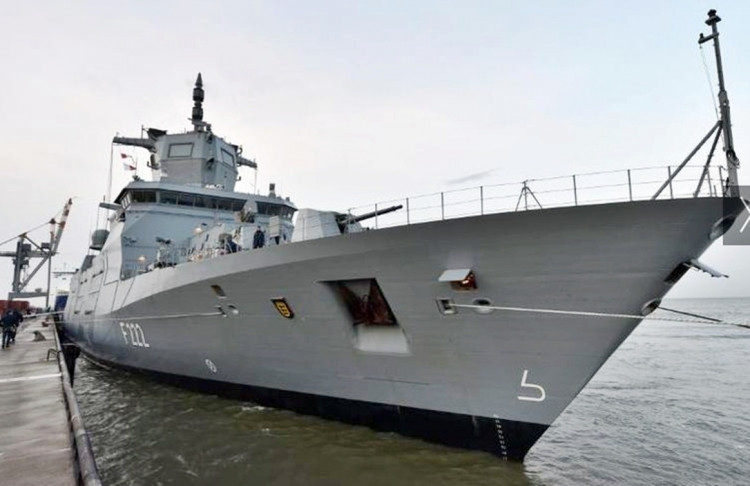Japan expressed strong satisfaction with the decision by Germany to deploy one or more warships of its "Bundesmarine" (the Federal German Navy) to traverse the waters of the Indo-Pacific region in 2021.
German Minister of Defense Annegret Kramp-Karrenbauer told her Japanese counterpart, Nobuo Kishi, during an online conference Germany is working on a plan to send a warship to the Indo-Pacific region next year.
She did not mention if this warship will sail through the South China Sea, which China illegally claims to own almost in its entirety in violation of international law.
Kramp-Karrenbauer also revealed Germany's intention to expand defense cooperation between their two countries. Next year, she will visit Japan as part of Germany's strategic intent to strengthen its position in the Indo-Pacific to bolster the case for freedom of navigation.
There are historic links between Japan and Germany. In recent times, Japan is the oldest partner of NATO (the North Atlantic Treaty Organization) outside Europe and the United States.
Kishi expressed Japan's strong support for Germany's plan to send a warship to the Indo-Pacific. He also expressed hope the German warship might traverse the South China Sea. Doing so will assist the international community's efforts to ensure the right of passage of ships through the South China Sea.
Kishi told Kramp-Karrenbauer China is "strengthening its attempts to unilaterally change the status quo with force in the background."
Military analysts said the government of new Prime Minister Yoshihide Suga is bent on forming military alliances with countries standing-up to China's expansive and illegal territorial claims. Suga has gotten Vietnam and Indonesia to form a military pact with Japan over the past few months.
He has also significantly boosted Japan's military ties with Australia. Getting Germany onboard is part of Suga's strategy.
Japan is vigorously determined to keep the South China Sea waters free of China's direct control since the vast majority of its trade must transit this strategic body of water.
In a statement issued after his discussions with Kramp-Karrenbauer, Kishi said their talks were "aimed at promoting with like-minded countries that share a goal of realizing freedom of navigation, the rule of law and connectivity."
The statement said it is "important for each country, including China, to refrain from taking actions that escalate tensions and to act in accordance with the rule of law, taking into account the current security environment in the South China Sea.
"Japan is trying to have as many like-minded Western countries as possible send military units to the Far East to send a signal to China that they are united in seeking a free and open Indo-Pacific region," said Akitoshi Miyashita, a professor of international relations at Tokyo International University.
Miyashita thinks "the sheer presence of a German warship in the Far East will send a clear message to Beijing. This will be a symbolic visit, but one that will be very positively viewed in Japan."






